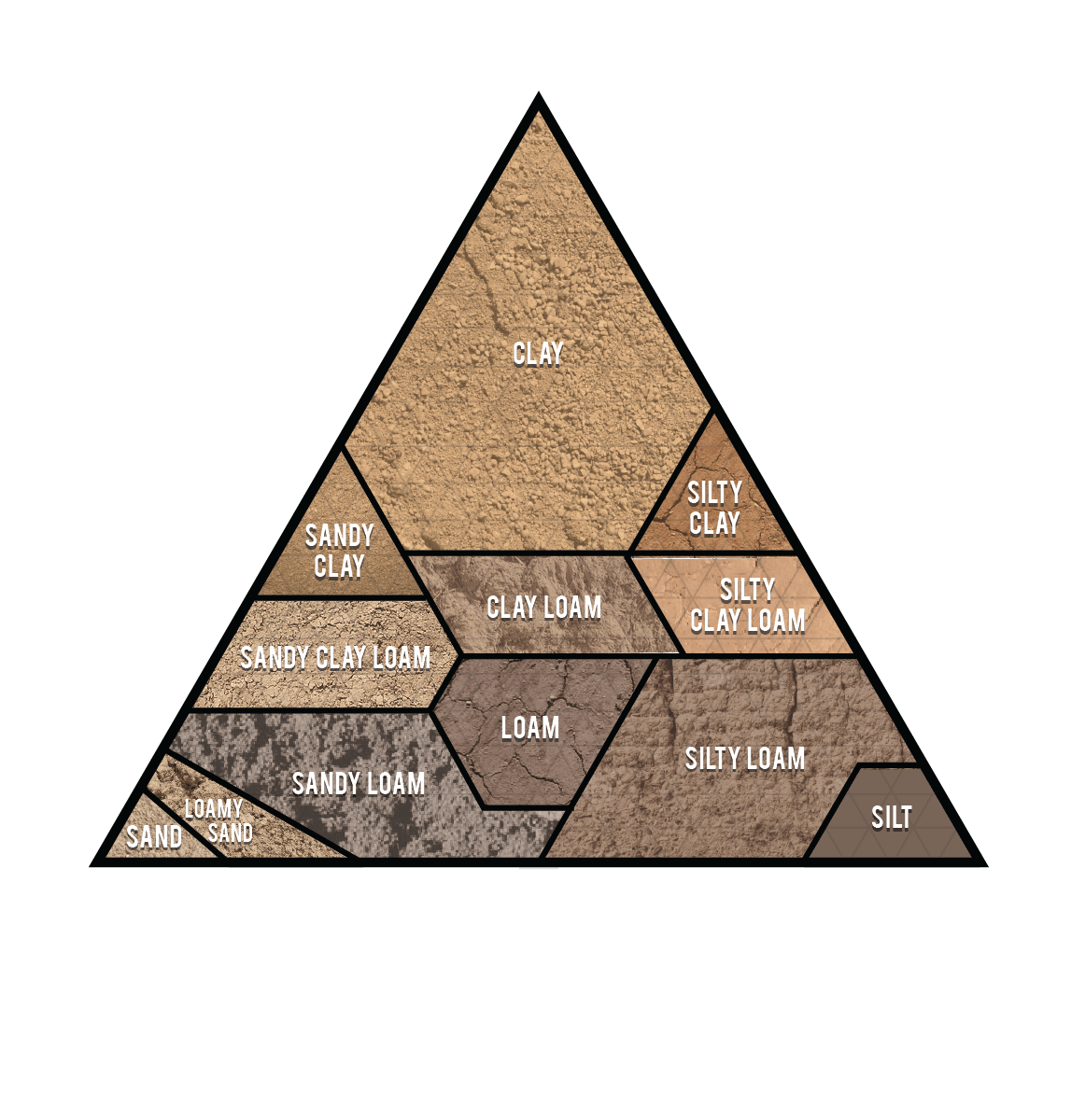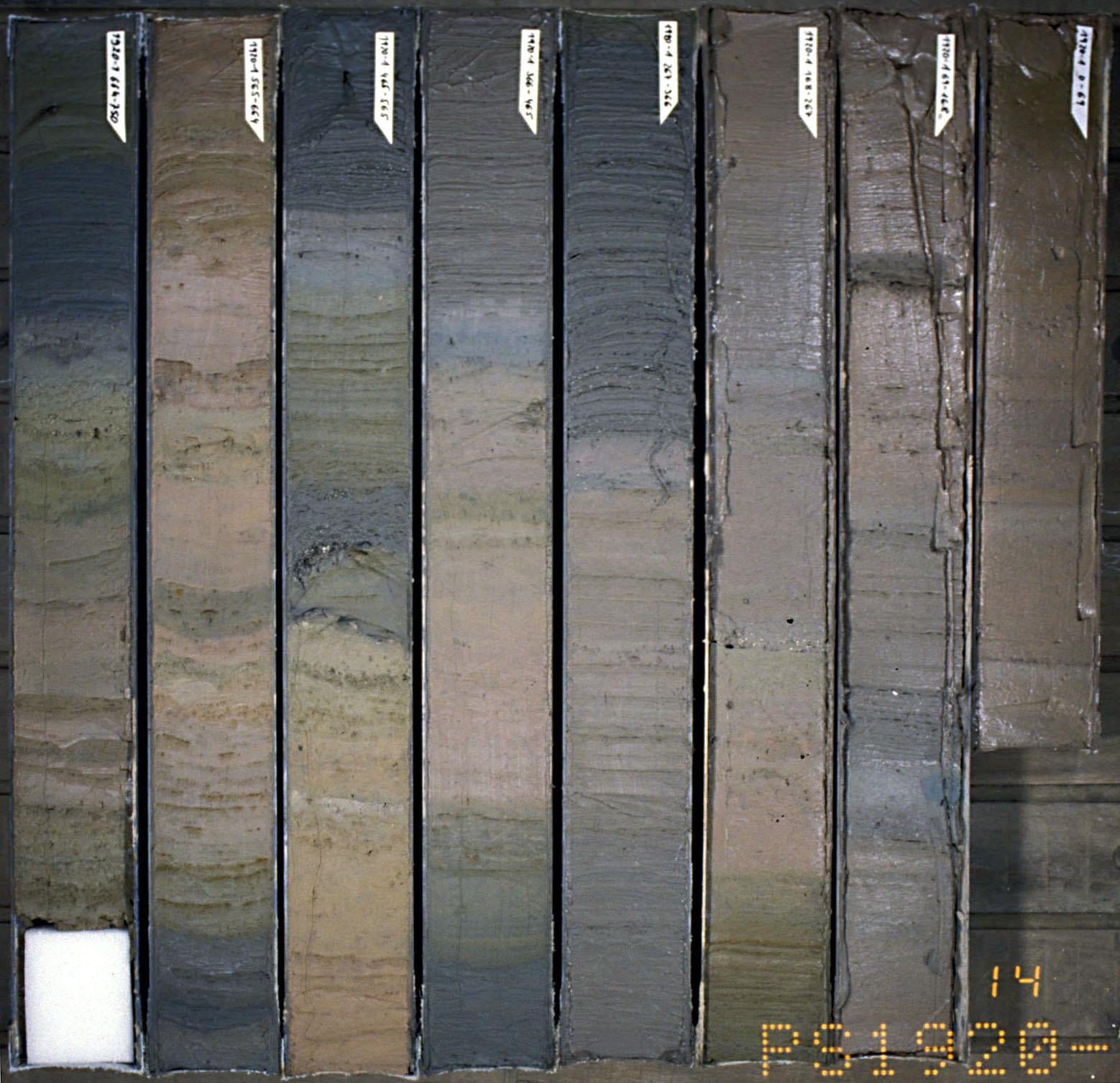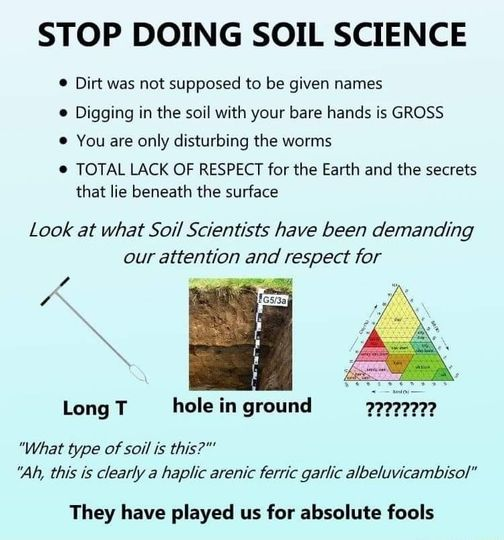Soil Science
622 readers
1 users here now
Welcome to c/soilscience @ slrpunk.net!
A science based community to discuss and learn all things related to soils.

Notice Board
This is a work in progress, please don't mind the mess.
Subdisciplines of soil science include:
- Soil Taxonomy & mapping
- Soil Fertility & Organic Amendments
- Soil Chemistry & Remediation
- Soil Mineralogy
- Soil Physics
- Soil Biology
These subdisciplines are used by various other disciplines, particularly those related to reclamation, remediation, and agriculture.
Rules
- Don't throw mud. Be kind and remember the human.
- Keep it rooted (on topic).
- Please use a tag.
- No spam.
- Memes are welcome, but the focus of this community is science-based
Resources
Blogs
Careers
Chemistry
- Secondary and micronutrient availability by pH
- Secondary and micro nutrients availability by pH line graph
- Common Nutrient Deficiency Symptoms on Leaves Infographic
Classification
Maps & Datasets
Canada
- Canadian System of Soil Classificaiton
- 1982 Canadian Manual for Describing Soils in the Field
- Alberta Soil Quality Criteria Relative to Disturbance this one is widely used across Canada
- Best management practices for conservation of reclamation materials in the mineable oil sands region of Alberta - a good guide to basic reclamation and revegetation BMPs
Europe
- Agrifood Soilscapes (UK)
- Datasets from the BGS (UK)
- Datasets from the James Sutton Institute (UK)
- Scotland Environment Soil Maps
- Soil Atlas of Europe
- UK Geochemical Atlas
- UK Soil Observatory
United States
World
Soil Contamination:
- Cornell Guide to Testing Contaminated Soils
- CCME Soil Guidelines for Contaminants
- Wikipedia Lists of Hyperaccumulators for Bioremediation

Similar Communities
- !geology@lemmy.ca
- !geophysics@lemmy.ca
- !geologycareers@lemmy.ca
- !mining@lemmy.ca
- !openscience@lemmy.ml
- !reclamation@slrpnk.net
Sister Communities
Science and Research
Biology and Life Sciences
- !anthropology@mander.xyz
- !microbiology@mander.xyz
- !biodiversity@mander.xyz
- !palaeoecology@mander.xyz
- !palaeontology@mander.xyz
Plants and Gardening
Physical Sciences
Humanities and Social Sciences
- !archaeology@mander.xyz
- !cooking@mander.xyz
- !folklore@mander.xyz
- !history@mander.xyz
- !old_maps@mander.xyz
Memes
Find us on Reddit
founded 2 years ago
MODERATORS
1
2
3
4
6
7
9
35
Global soil moisture in 'permanent' decline due to climate change - Carbon Brief
(www.carbonbrief.org)
12
13
14
16
17
18
14
The dirt on biocrusts: Why scientists are working to save Earth’s living skin
(knowablemagazine.org)
19
20
21
22
25
view more: next ›


















